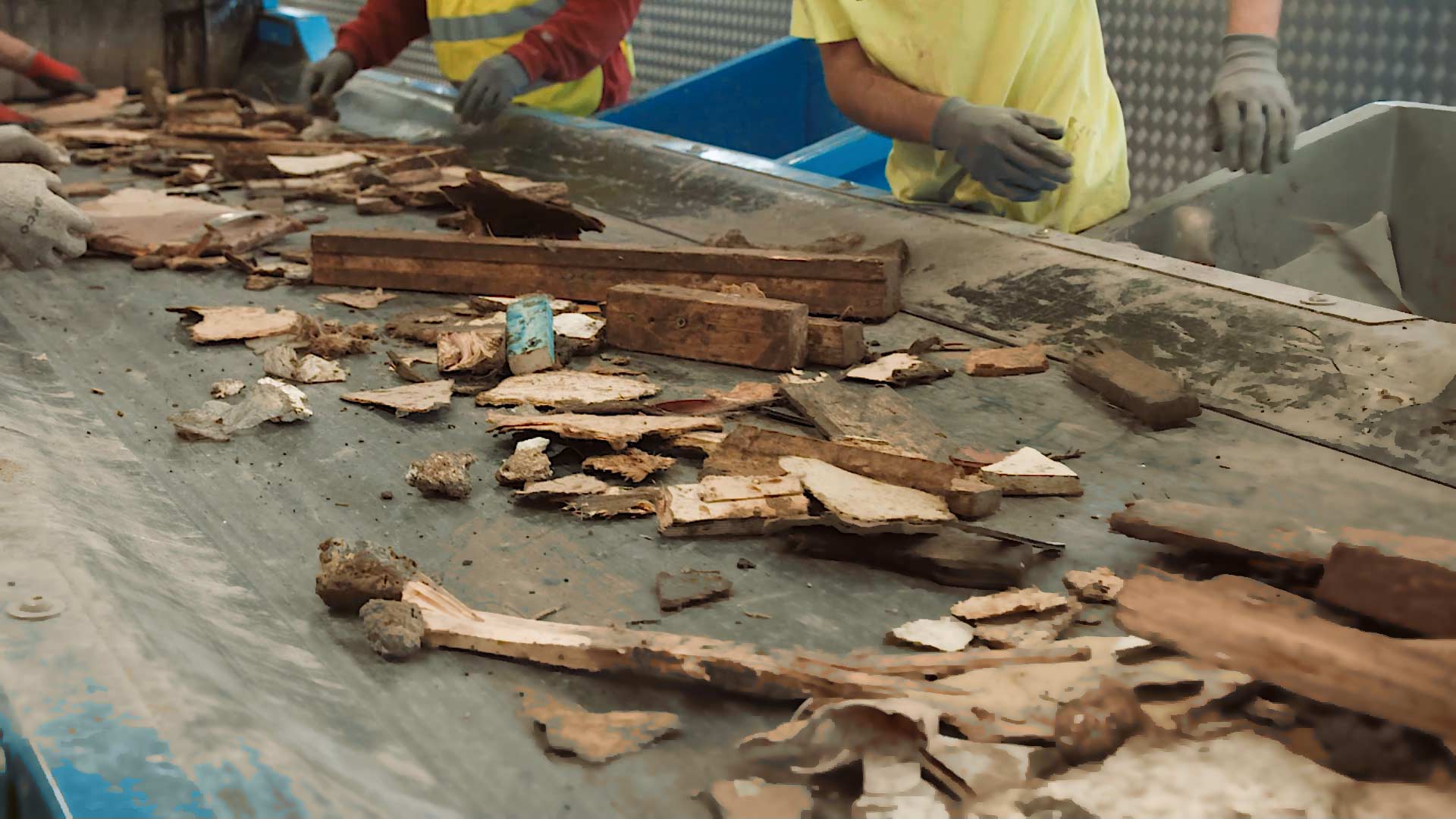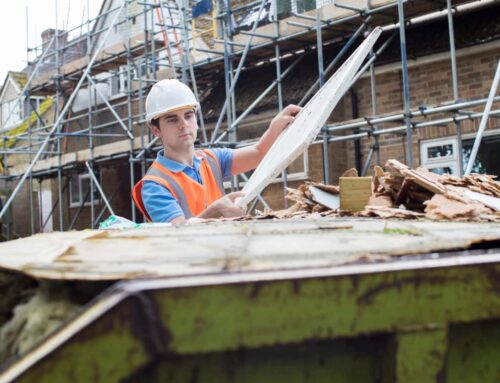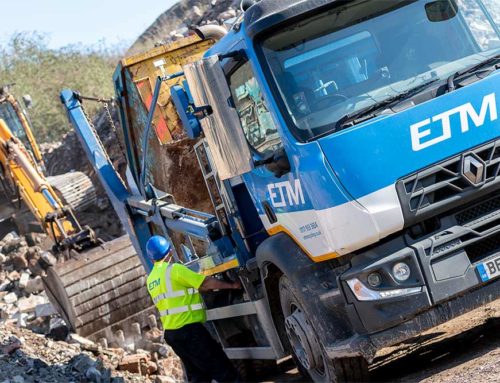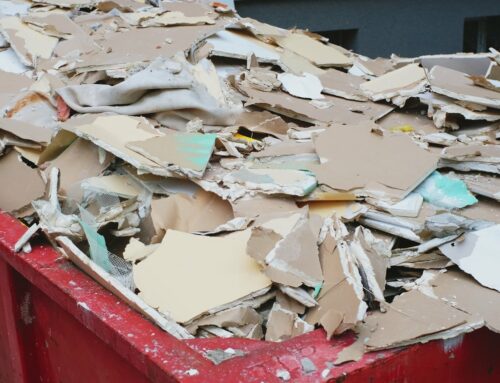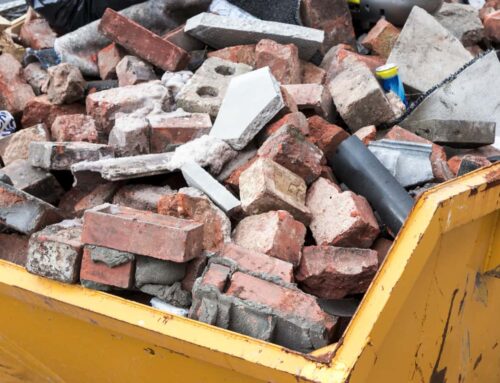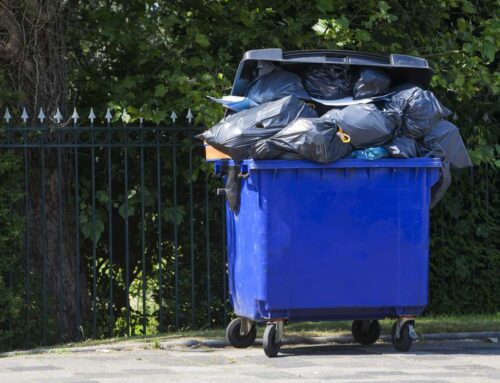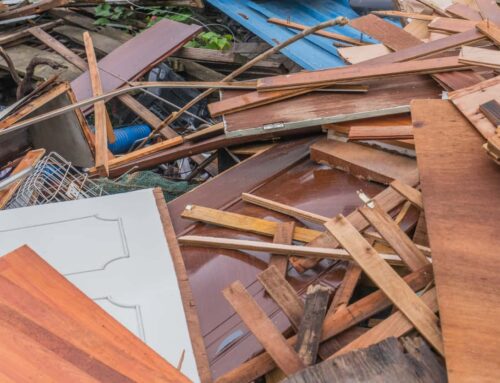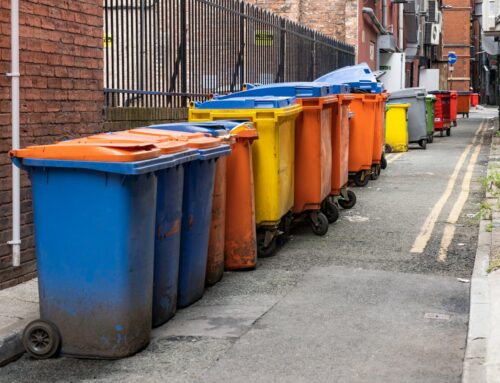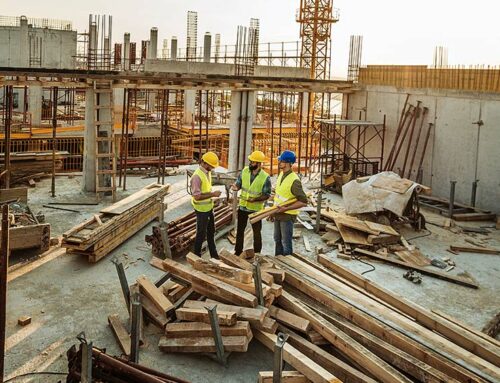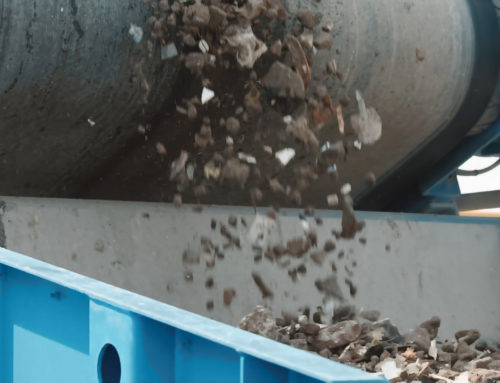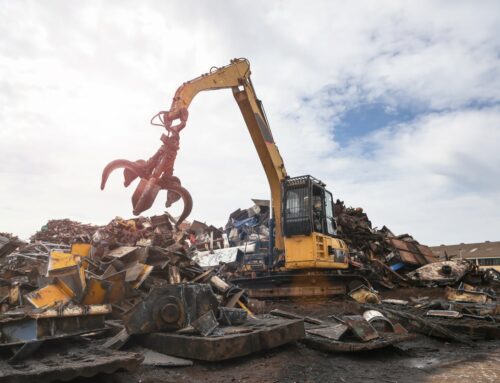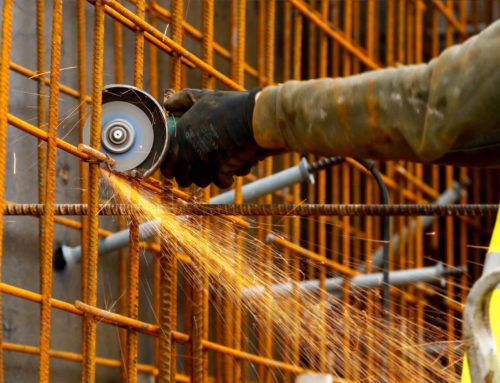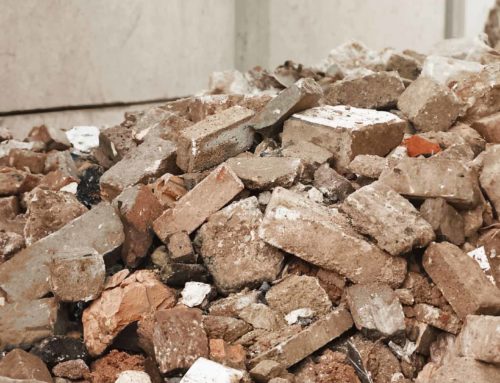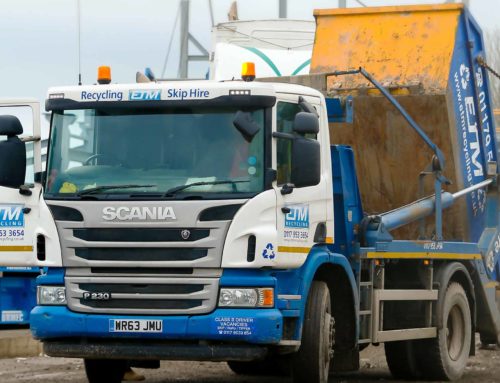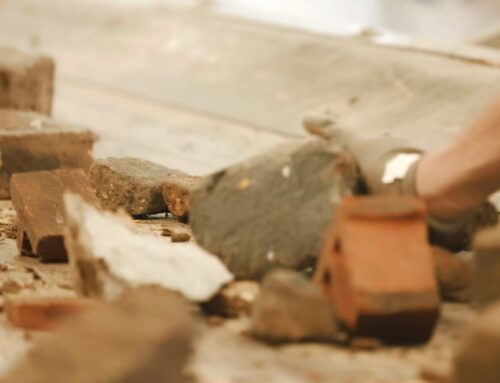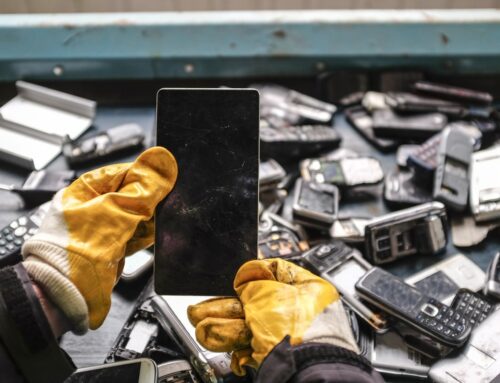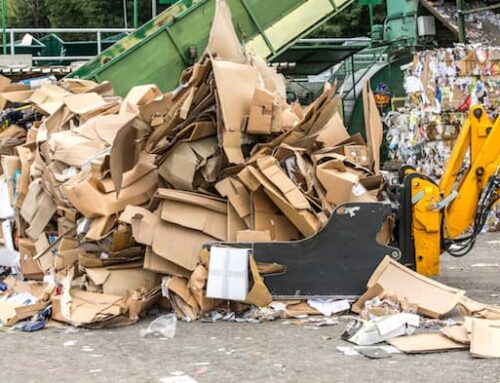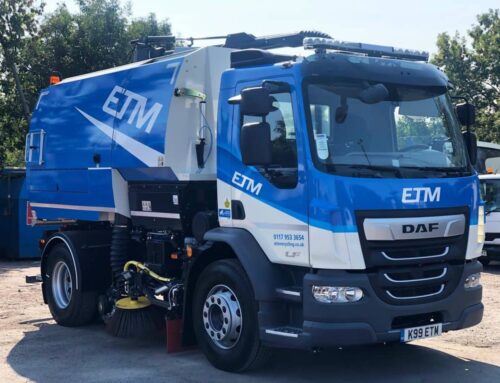Did you know construction accounts for roughly one-third of global waste?
Construction waste has a significant impact on the environment. It breaks down ecosystems, uses up natural resources, and creates clouds of pollution.
This article will identify construction waste and how it affects the planet. We’ll also show you how the UK regulations affect you and give you tips for correctly disposing of your waste.
At ETM Recycling, we help households and businesses manage their construction waste while staying efficient in their work.
Since our establishment in 1994, we have become one of the leading waste management providers in the South West region. It’s our goal to make a greener world more straightforward for you to achieve. We strive to help Bristol reduce waste in landfills. We aim to do that while we provide you with an affordable and customer-focused service.
What is Construction Waste?
Construction waste is any waste produced during the building and construction process, whether this is a residential extension, or a commercial infrastructure project. This can include: packaging, demolition, or surplus building materials.
Construction, renovating, or tearing down buildings can be messy and challenging. With every project you complete, there will be a mountain of supplies to deal with.
On a construction site, you’ll find a wide range of materials being used to finish your project. When resources like concrete, wood, metals, plastics, or bricks are no longer needed, they become construction waste.
Construction waste is an issue planners often overlook. And disorganisation and excessive use of materials can have a significant environmental impact.
Here are some of the impacts of poor waste management:
Landfill Overload
Construction waste, when mismanaged, acts like a relentless flood. It keeps pouring into already brimming landfills. The overflow of waste can unleash many environmental hazards. It leads to toxic air and water pollution, which impacts wildlife and public health. Meanwhile, methane, a potent greenhouse gas, worsens global warming.
Resource Depletion
Resources don’t last forever. Poor management of construction waste leads to excessive material ordering and wastage. Too much timber use leads to deforestation and the churning up of land to find minerals disrupts ecosystems. And mass excavation also causes damage to soil quality while polluting water sources. This doesn’t need to happen when we can control construction waste and use resources more efficiently.
When managed properly vast amounts of construction waste can be recycled into recycled aggregates, these materials can be just as strong as the original ‘pure’ material.
Read our beginner’s guide to recycled aggregates >
Energy Consumption
It takes energy to create and transport construction materials. You can envision poorly managed construction waste as a fuel supply that depletes as a project progresses. When materials are thrown into landfills, it’s like pouring away all the spare fuel supply. Once thrown away, this supply can’t be reused for your following projects.
We can conserve energy and reduce environmental impact by optimising material usage. Combining this with effective waste management strategies contributes to these efforts.
What are the Regulations for Construction Waste?
By now, you’ll know the harm construction waste can cause. And UK regulators have made guidelines to keep things under control.
The most recent law includes the Environment Act 2021. This lets national authorities make their own regulations in the industry. The goal of this act is to cut all avoidable waste by 2050.
The regulations are far-reaching and affect all those involved in the construction industry. They aim to improve air quality, biodiversity, water waste reduction, and resource efficiency. Methods they use include good waste management, recycling, and safe disposal practices.
These regulations will have a significant impact on you if you’re in the construction industry. You’ll need to keep up with admin, logistics, technology, and finances to stay ahead.
Get in touch with ETM Recycling for expert management and advice on construction waste.
How do You Dispose of Construction Waste?
You’ll need to properly dispose of construction waste to meet the regulations. There are several ways to do this, including:
Waste Minimisation
First, you’ll need to reduce how much waste you generate.
You can do this by careful planning:
- Adopt sustainable design principles. Organising this before beginning construction work can help minimise waste generation in advance.
- Optimise how many materials you order. This allows you to cut out surplus materials for your project and reduce excess waste.
- Practice efficient construction methods. Train your teams to minimise waste while using materials responsibly.
Recycling and Reuse
Once you’ve reduced waste, recycling and reusing materials gives them new life. It also helps avoid them getting into a landfill.
Many materials can be recycled or reused, including:
- Concrete: Can be used as aggregate in future projects.
- Wood: Can be repurposed for furniture or landscaping.
- Metals: Can be melted and made into new metal products.
- Plastics: Can be processed into new materials such as plastic lumber or insulation.
Once the materials are sorted and processed, they can undergo a transformation. As shown above, you can turn them into new construction products or other valuable materials.
Responsible Disposal
If you can’t recycle or reuse materials, it’s crucial to dispose of them properly.
Waste should be separated into different categories, like sorting through a puzzle. It should then be disposed of according to regulatory requirements.
To do this well, it’s essential to use a licensed waste management company. Especially one that follows the strict regulatory requirements in place.
For responsible waste disposal, ETM Recycling are like puzzle masters. We’re experts at making sure you keep up with the law and dispose of waste properly.
Keep the stress out of your construction projects by partnering with us to take care of your disposals.
Construction Waste Management with ETM Recycling
Construction waste poses a major problem for the environment. But we can reduce its impact through proper waste management.
You can achieve your environmental goals during your day-to-day operations. You can protect the environment, save resources, and support sustainable construction practices. We can help you by following regulations, reducing waste, and recycling smart. Every small effort contributes to a healthier and greener future.
Need help with construction waste management? Look no further than ETM Recycling. With our expertise and tailored services, we’ll help you level up your waste management practices. Join our community dedicated to minimising waste, conserving resources, and protecting the environment.
Get in contact with ETM Recycling today and take your first steps toward a more sustainable construction industry.
Related Articles:
